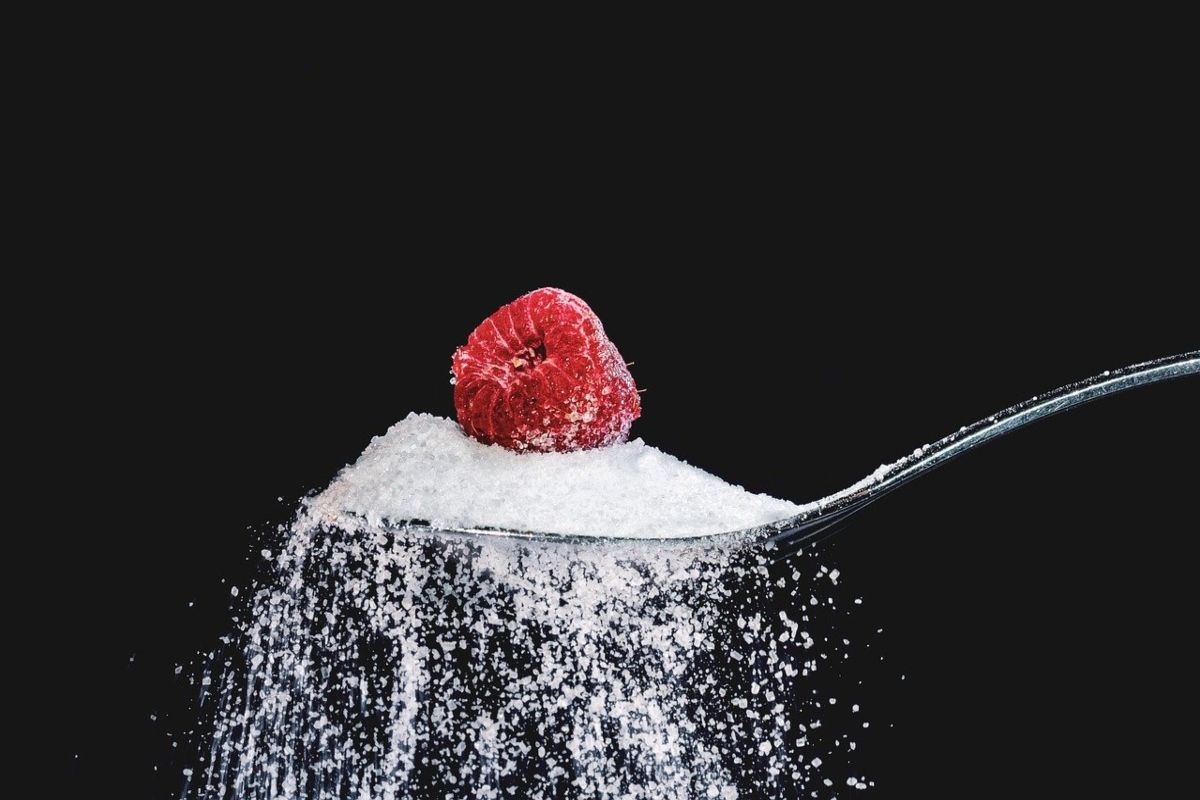The best way to enjoy the monsoon season is to just sit back at home and relish on a hot cup of beverage along with some lip-smacking snacks. But it is also that time of the year when we need to safeguard ourselves from a number of diseases. This becomes even more crucial for those diagnosed with diabetes, which increases susceptibility to various types of infections. Being careless during this season could cost them, in many ways, but if they take a little precaution and follow a few simple guidelines, they can escape unscathed through the season. In fact, it is no uphill task to tackle the situation if a few safeguards are ensured.
Nishant Gupta, Founder and CEO of Medharbour shares 10 tips for people suffering from diabetics to keep in mind during monsoon season: Also Read - Veganism: The New-Found Rage
- Many diabetics give up exercising and workout during the monsoon season, which is not really the best idea. The key here is in ensuring that the exercises and workouts are not overdone. Since the chances of muscle injuries are on the higher side during monsoon, over-exercising might cause some harm.
- All diabetic people must wear comfortable and dry footwear and socks outdoors in the monsoon season. Make sure that the feet are always clean and dry. They also need to keep all their private body parts moisture-free while maintaining proper hygiene. If this is not paid heed to, it might lead to fungal and bacterial infections. It would add to the woes of diabetics as they take a longer timeframe to recover.
- Extra precaution is also required with regard to what diabetic people eat. To minimize the chances of any kinds of viral, bacterial, or fungal infections, they should avoid outside food during the season.
- Diabetic nephropathy is a common complication associated with type 1 and type 2 diabetes. So to ensure the wellbeing of their kidneys, those diagnosed with diabetes need to be extremely particular about the water they intake. Clean, filtered, or boiled water would keep at bay water-borne diseases like cholera, hepatitis, gastroenteritis.
- Drinking a lot of water can also do wonders for the health of a person diagnosed with diabetes. There is an imperative need for such people to keep their body hydrated and therefore, they should try to drink a minimum of four litres of water in the course of a day.
- While staying at home would be the ideal situation for diabetic people, given the incessant rainfalls and prevailing pandemic scenario, there are many people who have no option but to go out for their professional or domestic needs. So, whenever you go outside, make sure you wear clean and full-sleeved cotton clothes to avoid any kind of mosquito bite that might lead to ailments like dengue and malaria.
- We earlier discussed how less exercising is always a better idea than no exercising, but make it sacrosanct that instead of going outside, do all your exercises while staying at home. Besides, performing a few yoga asanas recommended by experts would also be a good idea to keep monsoon-induced fatigue and body woes at a safe distance. Also, avoid working out at places like parks and other surfaces that might be wet.
- Who doesn’t want to savour over a delicious four-course meal, especially when there’s a downpour right outside the window? Probably everyone, but that’s certainly not the right thing to do when a person has fluctuating sugar levels. Diabetics should strictly eat small meal portions at regular intervals, as that would help them maintain blood sugar levels. They should also include a high protein diet in their meal.
- No matter how strong, but monsoon cravings such as fritters, deep-fried snacks ice creams etc should be ignored or can be consumed if prepared at home but in limited quantity. Always carry some home cooked food, snacks or a pack of biscuits in your bag to avoid any possibility of eating out. Avoid salads and uncooked meals even at home.
- And last but never least, diabetic people must not alter medicines at their own in any eventuality. Do follow the doctor’s advice and also keep a machine handy at home for regular monitoring of the blood sugar level.
